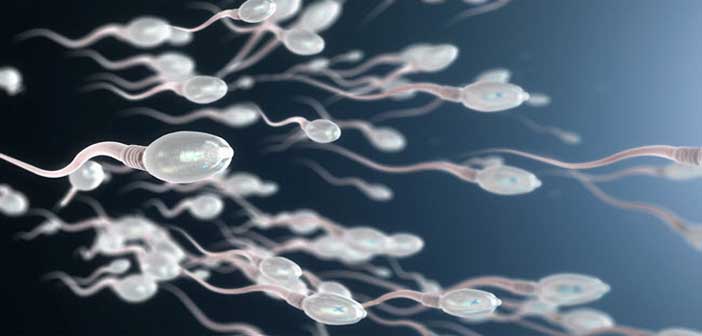Semen: How much is enough?
Every job has its highlights, and every job has its downsides. Questions about semen volume are probably less exciting aspects of writing for the WebMD Men’s Health message board. Don’t get me wrong. Helping men to better understand their own health is what I love doing (other than vasectomy reversals). But sometimes, explaining to a 70 year old man why he cannot ejaculate like he did when he was 18 is not the high point of my day. So now I will do my best to go over a few key concepts for those men who are “ejaculatorily challenged,” or EC as we say in the business.
First of all, let me start out by saying that 75-year-old men are not 18. Their bodies are different. It is as if whoever designed our bodies knew what he was doing.
If we think back to each phase of our lives, and the purpose of those phases, it makes more sense. When we were young we are most likely to be fathering children. Sperm numbers and semen quality and quantity should be at their peak. As men get older, changes occur in the prostate and surrounding accessory glands. These changes often result in a decrease in semen volume over time. This is completely and totally normal.
The good news is that as couples get older, many women do not look forward to having to deal with her husband’s “gift” all day long or while playing tennis. So consider using this change to your advantage.
Other common causes of reduced ejaculatory volume include too frequent ejaculations. It takes time for the glands that make the fluid to produce more secretions. Again, the ability to rebound decreases as men grow older, so it may take a few days to restore the volume.
Other possible explanations include many medications, as can prior pelvic surgery or health problems such as diabetes. Being dehydrated is a known but easily overlooked cause, as semen is a fluid secretion. If you are dry, then you may not produce as much. If you have concerns, go see your urologist.

